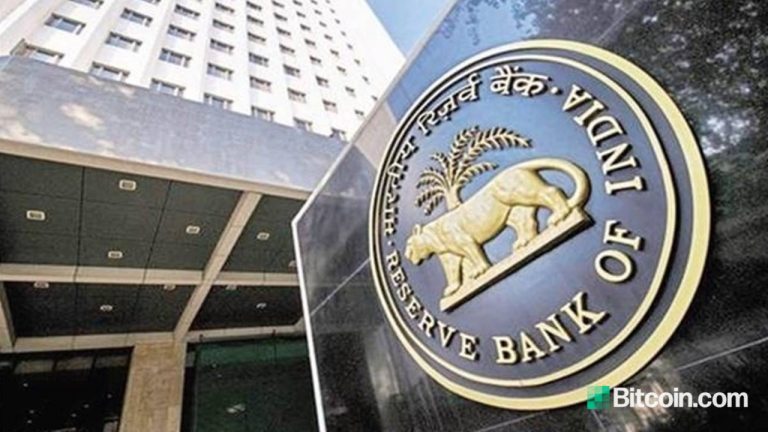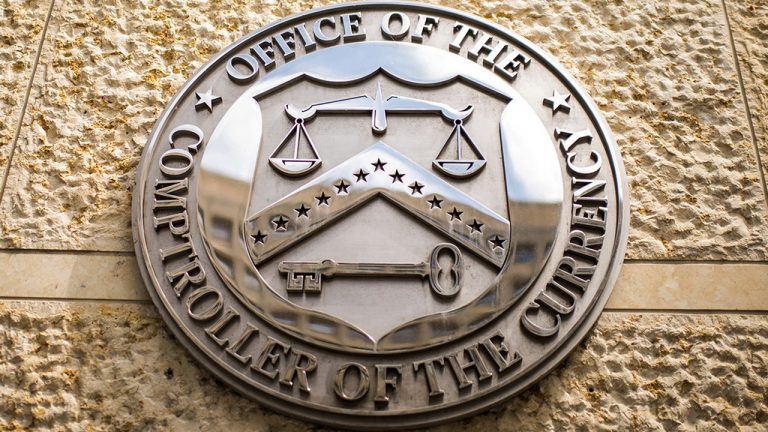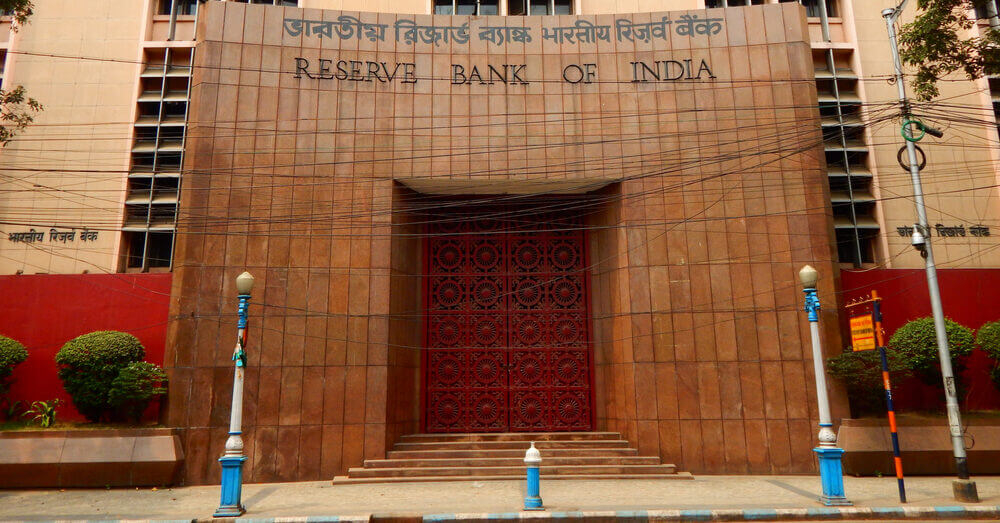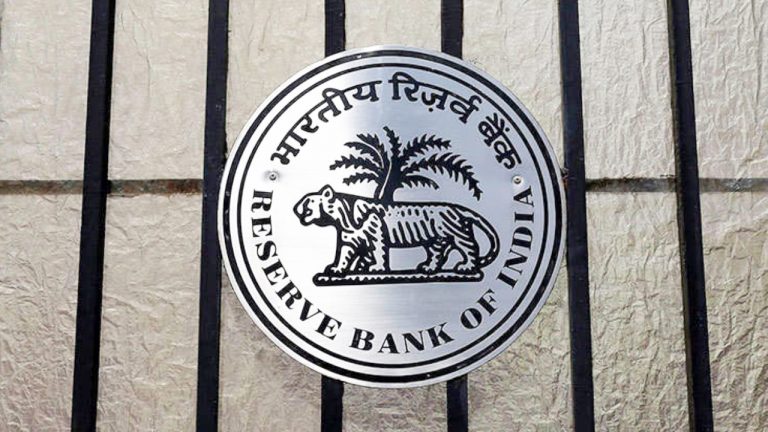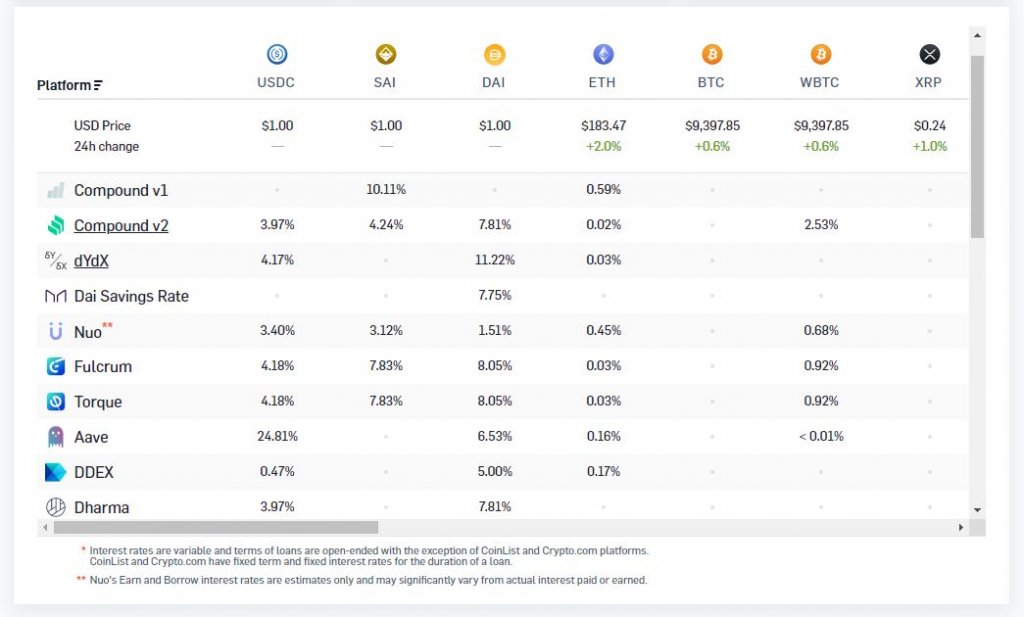2023-4-17 17:27 |
Cryptocurrency businesses need banks to move money between entities and access banking services. However, many banks are hesitant to work with these businesses. Due to concerns about money laundering, regulatory risks, and the high cost of compliance.
Cryptocurrency has become an increasingly popular asset class, with billions of value traded daily. Despite this growth, many cryptocurrency businesses still need help accessing banking services. The traditional banking system must adapt to cryptocurrencies’ unique characteristics, and many banks are reluctant to work with cryptocurrency businesses.
Such businesses need banks to move money between entities and access banking services. With crypto-friendly banks’ closure, it becomes difficult for cryptocurrency businesses to make money go where they need it to go.
Complex Relationship Between Banks and CryptoIt is essential to understand that cryptocurrency businesses need banks to move money between entities because most people still use traditional banking services to hold their wealth. While cryptocurrencies offer many benefits, such as decentralization, security, and anonymity, they still need wider acceptance as payment. This means businesses that want to convert their cryptocurrency holdings into fiat currency or transfer them to other parties must do so through the traditional banking system.
Banks vs. Cryptocurrencies by market capitalization Source: Companiesmarketcap.comBanks are also necessary for many cryptocurrency businesses to access essential financial services, such as business loans and credit lines. These services are required for businesses to grow and expand. They may need help competing with other companies with access to these resources.
However, several factors make many banks reluctant to work with cryptocurrency businesses. Firstly, there are concerns about money laundering and other illegal activities facilitated through cryptocurrency transactions. Given the anonymous nature of many cryptocurrencies, it can be hard for banks to verify the identity of individuals and businesses involved in these transactions. Also, to ensure that they are not engaging in criminal activity.
Locking Horns Over ControlSecondly, there needs to be more regulatory clarity around cryptocurrencies, which makes it difficult for banks to know how to handle them. Countries and jurisdictions have different laws and regulations around cryptocurrencies, and no global standard exists for treating them. This means that banks may be hesitant to work with cryptocurrency businesses due to concerns about legal and regulatory risks.
Another challenge for cryptocurrency businesses trying to access banking services is the high cost of compliance. Banks are subject to strict regulations and must undertake strict due diligence when onboarding new clients, particularly those in high-risk industries such as cryptocurrencies. This can involve costly and time-consuming background checks and ongoing monitoring and reporting requirements. As a result, many banks may charge higher fees to cryptocurrency businesses to cover these compliance costs.
There are also practical challenges associated with moving money between cryptocurrency and traditional banking systems. Cryptocurrency transactions can be slow and costly, particularly during high market volatility. This can make it difficult for businesses to quickly convert their cryptocurrency holdings into fiat currency, which may be necessary to pay bills or make other transactions.
The Decline of Crypto-Friendly BanksDespite these challenges, some banks have begun to embrace cryptocurrencies and work with cryptocurrency businesses. These banks see the potential for growth in the industry and recognize that they can provide valuable services to these businesses. Nonetheless, banking institutions have closed amid regulatory uncertainties. These closures have bred challenges for the cryptocurrency industry as businesses have struggled to find alternative banking solutions.
Silvergate, Silicon Valley Bank, and Signature, considered crypto-friendly banks, faced adversity from regulators, which led to the de-banking of crypto firms. The fall triggered an array of concerns and questions about these institutions. On April 14, a cryptocurrency advocacy group, the Blockchain Association, submitted multiple Freedom of Information Act (FOIA) and Freedom of Information Law (FOIL) requests to gain more information about banks’ de-banking of cryptocurrency firms.
The requests target various federal and state agencies, including the Office of the Comptroller of the Currency (OCC), the New York State Department of Financial Services (NYDFS), and the Federal Deposit Insurance Corporation (FDIC). Per a report shared with BeInCrypto, the group seeks to understand:
“…whether the closure of Signature Bank was the result of the bank’s insolvency or a decision to send an anti-crypto message despite the bank being fully solvent.”
Additionally, it questioned the motive for the failure of Silvergate. If it “was the result of a politically-motivated decision by the Federal Home Loan Bank of San Francisco, which is overseen by the FHFA, to take the extraordinary and unusual action of pulling a loan made to Silvergate only months earlier.”
The group has voiced concerns on various occasions against motions targeting crypto.
Crypto Sector Can Emerge VictoriousThe de-banking of cryptocurrency firms has been a contentious issue in the cryptocurrency industry. Many firms argue that they are unfairly targeted due to crypto’s perceived risks. Some have even argued that de-banking is a form of discrimination against the industry. Yet a few have asserted that the collapse of banks only strengthens some users’ belief in decentralized currency.
While time will tell what information the Blockchain Association will obtain through its FOIA and FOIL requests, the move highlights the growing concern within the cryptocurrency industry about the lack of access to stable banking services.
The industry closely watches the responses to these requests to see if they provide any insights into the de-banking phenomenon. And how to address it in the future.
The post Crypto Advocates Seek Answers Over Regulatory Action Amid Bank Closures appeared first on BeInCrypto.
origin »Bitcoin price in Telegram @btc_price_every_hour
Money ($$$) на Currencies.ru
|
|









